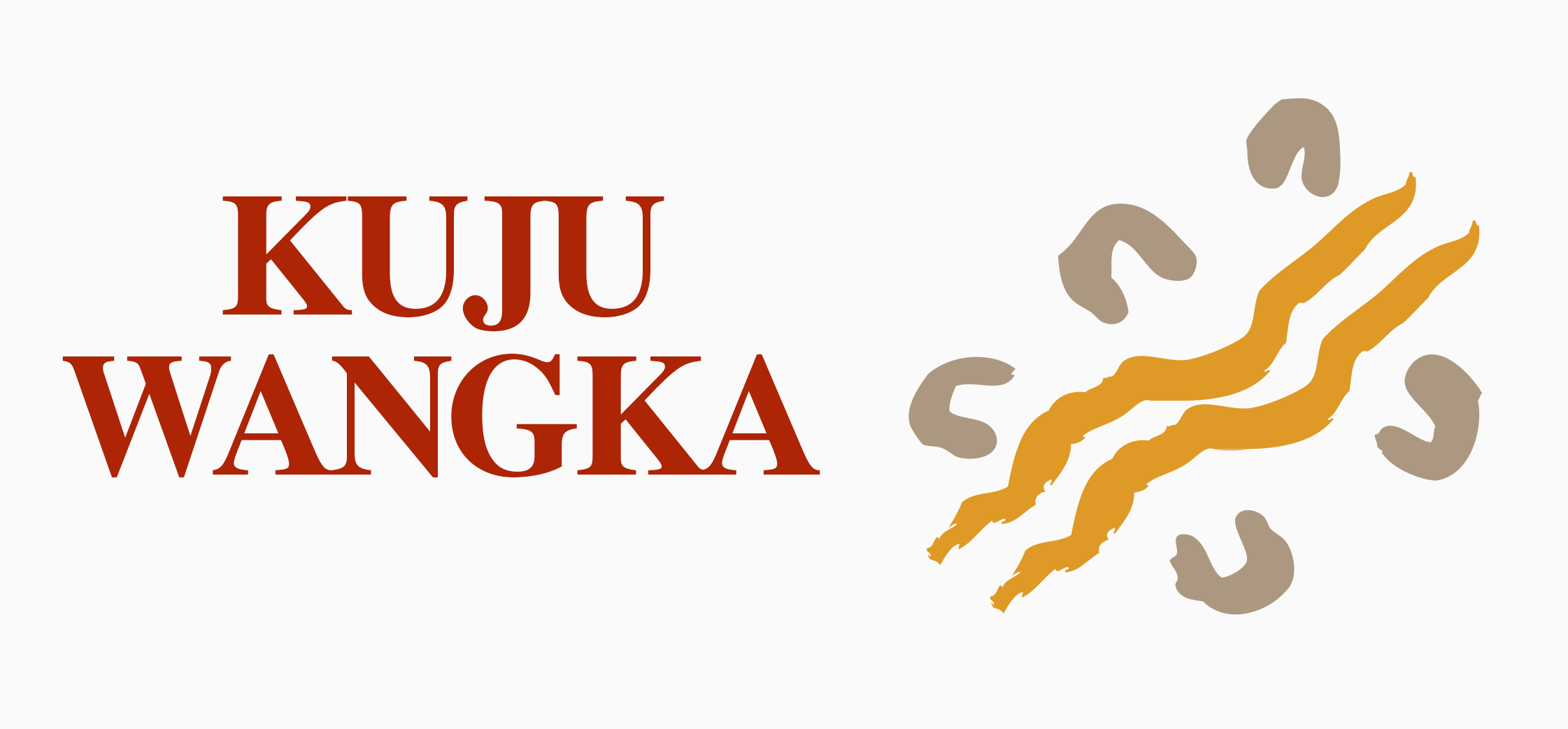Water
The following is a list of restored wells and available water. Please be aware that these wells should not be relied upon for all of your water needs.
WELLS WITH WATER
Well 3 - Wakunpu
Well 5
Well 6 - Milyinyiri - Pierre Springs
Well 12
Well 15 - Manjanka
Well 18 - Wanykuju
Well 23 - Georgia Bore
Well 26 - Tiwa
Well 33 - Kunawarritji
Well 42 - Kulyayi
Well 46 - Kuduarra
Well 49 - Lampa
Toileting
Where toilets are not available it is very important that the following strategies are followed to avoid leaving unsightly toilet paper in areas, attracting animals to dig up faeces or having visitors after you coming to camp and finding someone else’s last visit. To protect campsites and water quality please dispose of your waste properly. Please follow these steps:
dig individual cat-holes 15-30cm deep, well away from camp and at least 100 metres from any water, tracks and watercourses
to promote decomposition, choose a site in organic soil, rather than deep sandy mineral soil and in the sun rather than the shade
dig the hole and gently remove a plug of sod containing roots and soil and carefully put it aside
after use, and before replacing the plug of sod, use a stick to mix some soil into the faeces to promote decomposition
replace the plug and disguise the hole by lightly tamping down around the edges (if possible stand a stick vertically to mark the used site)
human waste should not be deposited under rocks because it will decompose slowly there and may wash into water sources after rain
whenever possible, use a remote location during the day’s travel to help prevent high concentrations of cat holes near campsites; and
do not attempt to burn toilet paper in toilet holes. Bushfires have been started by this practice.
Bathing
As there is limited water along the CSR, bathing opportunities are limited. If water is used from the wells, ensure water is carted away from the wells or rock holes. Please refrain from bathing or swimming in waterholes.
E.coli bacteria have been found in the pools at Pinpi (Durba Springs), which is transferred by faecal matter and is potentially harmful to human health. Contamination of waterways through use of soaps and detergents can affect aquatic bugs and make the water less attractive for birds, reptiles and mammals to drink. Furthermore, waterholes are often significance places to the Traditional Owners.
Anti-bacterial hand sanitizers — such as Aquim that don’t require rinsing — allow you to wash your hands without worrying about soapy wastewater disposal. When disposing of waste water, spread it across the ground to enable natural filtration and dispose of toothpaste by digging a small hole and burying it.
Washing
For dish washing with soap, use a clean pot or expanding jug to collect water, and take it to a site at least 100 metres away from water sources. Use hot water, elbow grease, and little or no soap. Try to use biodegradable detergents for washing up and pour out used water at least 100 metres from creeks or lakes. Strain your dirty dishwater with a fine mesh strainer before broadly scattering it. All of these techniques will assist you in minimising your impact Country.



